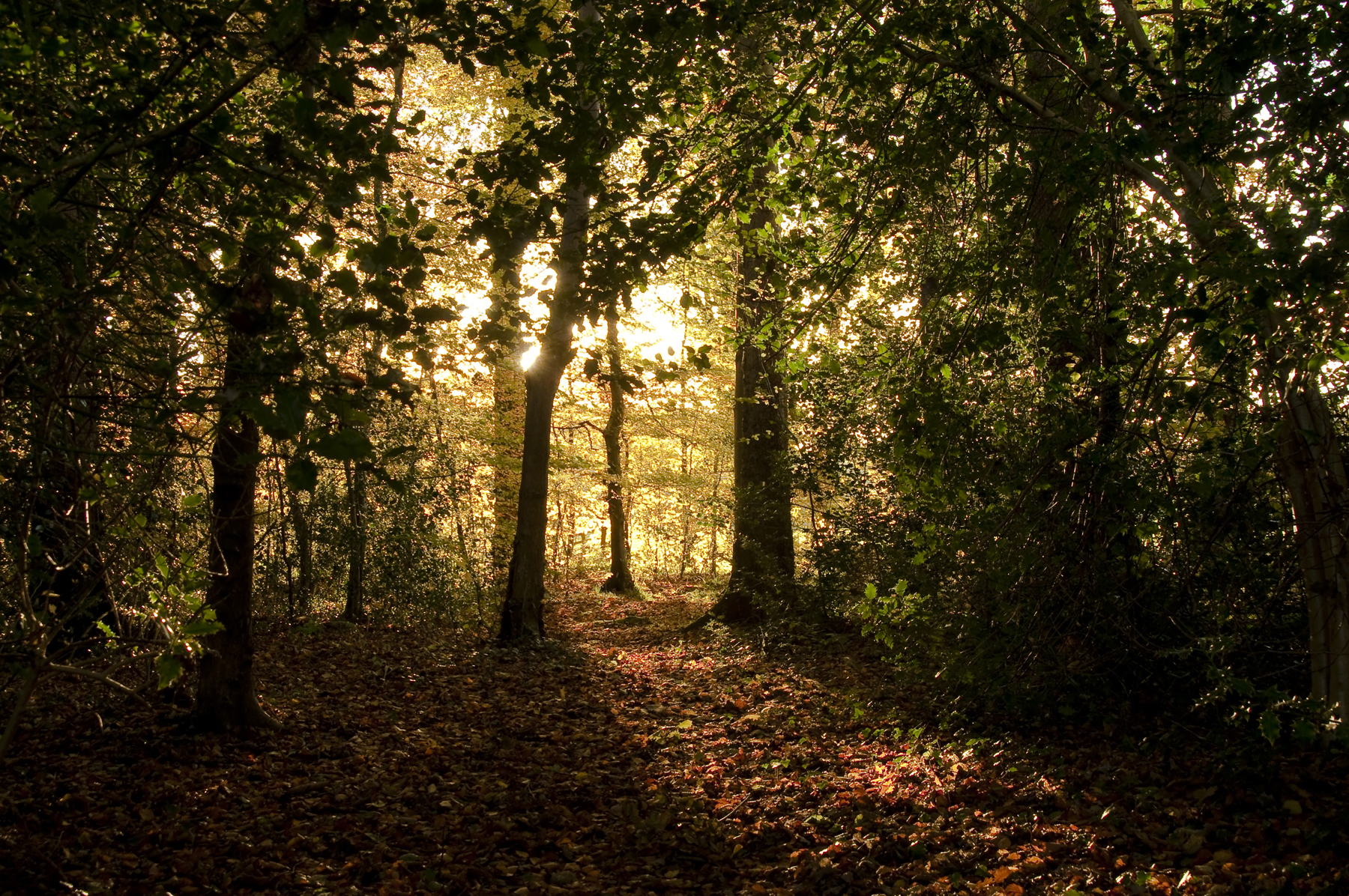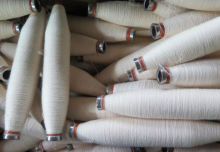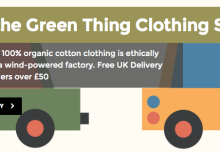It’s all about FSC
The FSC (Forest Stewardship Council) logo. The face that launches a thousand paper purchases, we all know it in that familiar-it-means-something-good sort of way. Their logo is so recognised that the incredible work that they do so often goes under the radar, we wanted to find out more about what they are doing to protect our planter and why it is so important to be a curious consumer.
To spread the word and inspire people to take care with the planet, use this poster.
Do you think people are more interested in preserving the environment now than 10 years ago?
Yes, the latest TNS Attitudes of European Citizens towards the Environment Report reveals that 95% of those questioned consider that protecting the environment is important to them personally and 62% say they feel well-informed about environmental issues, up from 54% in 2004. Increased awareness, understanding and experience of issues such as climate change may have increased interest in environmental preservation.
How has FSC progressed to now being a universal certification for a sustainable option across a variety of industries and products?
FSC has gone from strength to strength over the last twenty years, and it’s three chamber membership approach ensures that environmental, social and economic interests are kept in balance. The endorsement of NGOs such as WWF and Greenpeace has helped to ensure rigour, whilst the engagement of businesses such as M&S, Home Depot and IKEA has helped to create demand for FSC products and ensure visibility in the marketplace through on-product labelling etc. Any forest product can potentially hold FSC certification, not just wood and paper but also natural latex, nuts, maple syrup and soon there could even be FSC certified clothes made from viscose fabric (which is made from tree fibre).
From your work with community engagement, how do you feel the general public are feeling around issues to do with climate change and the planets future?
Most people care about the future of our planet, although their motivations may be different. Some experience apathy faced with a seemingly intractable problem, however, it is encouraging that people are more informed about environmental issues. It can be hard to stay positive, but I think it’s important to keep going, chipping away at the problem through small actions in the personal and domestic sphere, helping to campaign for what we believe in and ‘voting’ through our purchases (as finances allow!) for the products and services we want.
How does the work that you do directly impact the individual?
We provide a mechanism for people who want to buy wood, paper and other forest products safe in the knowledge that their purchases help to protect forests. In FSC certified forests workers and indigenous peoples must be respected, be it by ensuring the provision of appropriate protective clothing to foresters or excluding sacred sites from disturbance (and many other measures).
What would you advise people to do in their everyday lives to help conserve the forests and trees?
Pledge to pick FSC: Look for the FSC logo when you shop, choose the FSC option, if there isn’t an FSC option then ask why not.
Do you think there is an issue around people in the UK not being aware that the treatment of forests around the world will affect them as well?
Yes, in 2010 a WWF survey revealed that half of consumers in the UK have no idea that the paper and wood products they are buying could be contributing to the destruction of the world’s forests. We seem to have retained a national mind-set despite having moved to a globalised society; I am still shocked to discover how far many of the products we buy have travelled, and how many different materials and processes they require. Everyone needs forests: they support life, providing homes for huge numbers of people and animals; medicines used in countries at all stages of development; renewable resources to do everything from building our homes to drying our tears; they even produce oxygen, the key thing that makes our planet habitable.
What would you like to see happen in the future?
I hope that our children will still be able to experience the magic of the natural world, and that majestic species such as tigers, orangutans and polar bears will still have a place in that world.
 Photo by James Murray Queen Elizabeth Forest Park ‘September Evening’
Photo by James Murray Queen Elizabeth Forest Park ‘September Evening’










